
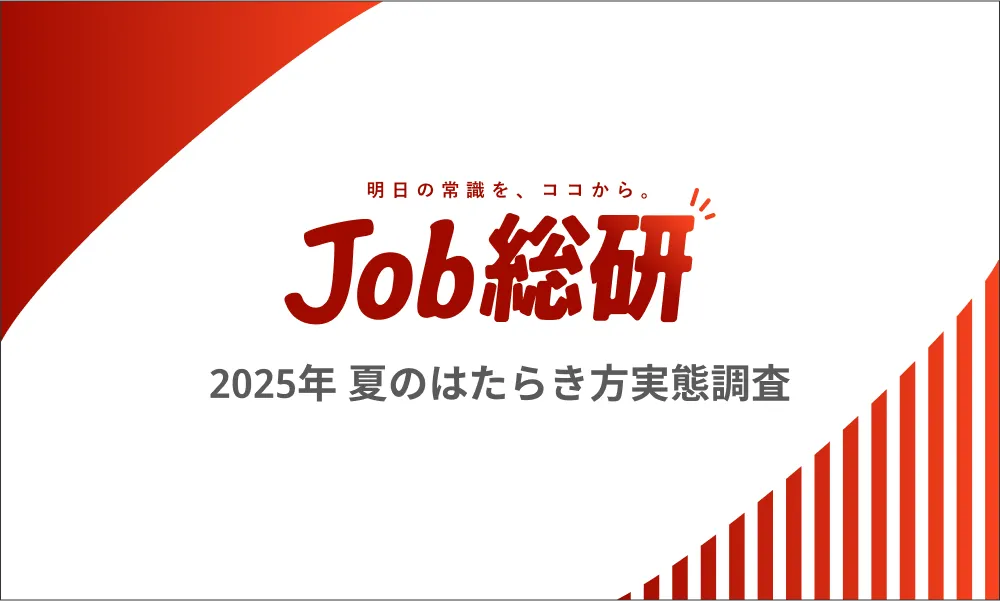
Changing Work Trends: Summer Commuting Preferences Amid Rising Costs
Shifting Work Dynamics: Insights from the 2025 Summer Work Style Survey
In a recent survey conducted by Persol Career's research entity, Job総研, 544 working adults shared their perspectives on this summer's work arrangements—the findings reveal significant insights into evolving workplace preferences amid rising costs and environmental considerations.
Overview of the Survey
The survey, executed from June 4 to June 11, 2025, aimed to understand the ideal and actual work conditions for this summer, along with reasons for preferences towards either in-office or remote work. Furthermore, the study explored measures taken against heat-related illnesses in the workplace and how rising summer temperatures influence work productivity.
The Rise of Office Return Amid Heat Risks
June 2025 marks the 20th anniversary of the 'Cool Biz' initiative, which aims to combat heatstroke in workplaces. Job総研's earlier observation in 2023 revealed that while 60% of individuals favored telecommuting, in reality, the majority opted for in-person work, indicating a clear gap between ideals and realities.
As the post-COVID workplace scenario evolves, a trend of returning to physical offices has emerged. This year's meteorological announcements predict an early rainy season and one of the hottest summers in the last decade, bringing heightened social concern about labor conditions. The increasing risk of heatstroke at work prompts organizations to prioritize employee health management.
Key Findings of the Survey
Work Preference and Reasons for Choosing In-Office Work:
From the responses gathered, 74.6% indicated they plan to work in the office this summer. Among these, those stating they would only come to the office accounted for 37.9%, while those who preferred office time over remote work constituted 22.2% and 14.5% respectively. Notably, 77.6% of these respondents indicated that their decision was based on employer requests.
When inquiring about ideal working conditions during the summer, 48.0% of respondents preferred in-person work, with 14.2% categorically stating they wanted to work in the office. The leading reason given for preferring in-office work was the availability of a cooler environment (39.5%), with other notable reasons including team members' presence (31%) and difficulties concentrating at home (26.8%).
On the other hand, among the 283 respondents favoring remote work, the predominant reason (67.8%) was discomfort due to outdoor heat, followed by fatigue from commuting (60.4%) and the maintenance of hygiene (55.5%).
Workplace Heat Stroke Prevention Measures
In this survey, 74.6% of respondents acknowledged that their workplaces had implemented heat stroke prevention measures, although a significant number—67.5%—expressed feeling those measures were insufficient. The most common preventive measures included effective air conditioning (51.2%) and advocacy for Cool Biz (44.6%).
Preparedness Against Summer Fatigue
Surprisingly, a substantial 69.5% of respondents confirmed they were taking actions to prevent summer fatigue, with prevalent methods including regular hydration (46.6%) and establishing healthy sleep patterns (45.2%).
The Impact of Summer Heat on Work Motivation
A staggering 85.7% acknowledged that summer heat affects their work motivation. Within this group, 32% reported that it had a strong impact on their productivity. Similarly, 83.4% anticipated that heat would lower their motivation levels in the summer.
Personal Testimonials and Conclusions
Many responses highlighted a preference for in-office work as a means of avoiding the discomfort of summer heat at home. Comments included:
- - “It’s better to work in the office where it's cooler than at home.”
- - “I’m considering going back to the office to save on electricity costs.”
- - “I can enjoy free access to cooling resources and save on energy bills.”
The survey indicates a remarkable shift in value perception regarding work environments—a transition from merely a workspace towards a cost-effective living base due to escalating electricity and living costs. While the trend indicates an increasing preference for effective workplace environments, there remains a call for organizations to enhance their heat management strategies proactively.
Moreover, the fact that individuals are actively focusing on their health and productivity reinforces the need for a collaborative approach between employers and employees in adapting to climate changes and financial conditions. Through initiatives like Job総研, which aims to challenge existing norms and provide valuable insights into work practices, we can shape a healthier, more efficient work environment for the future.
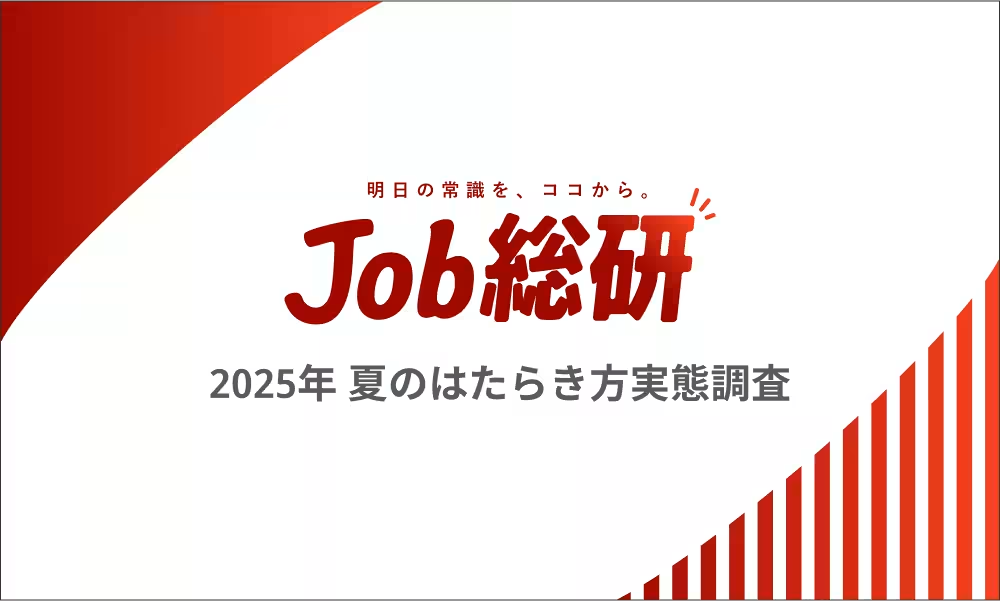

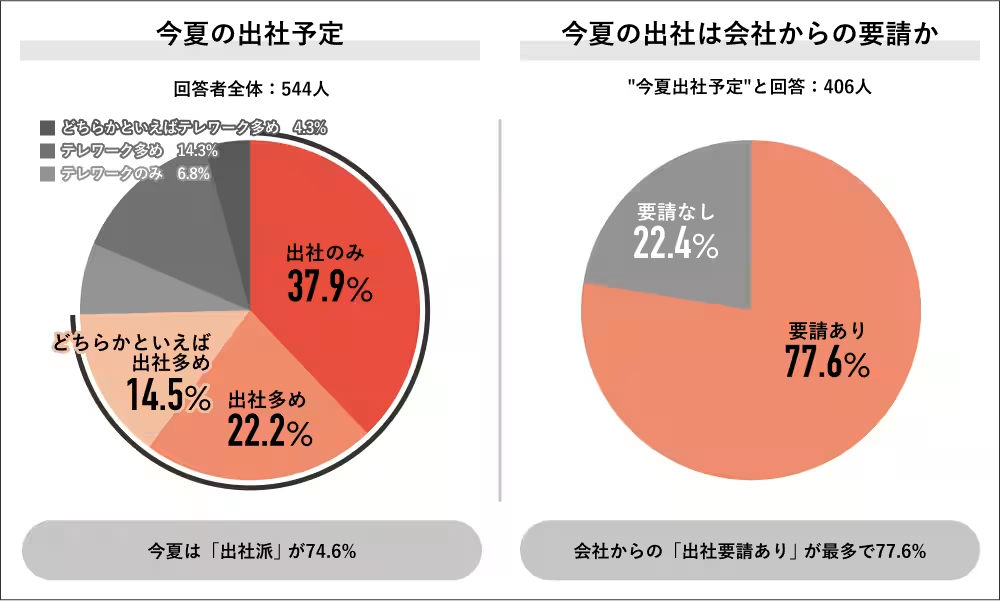
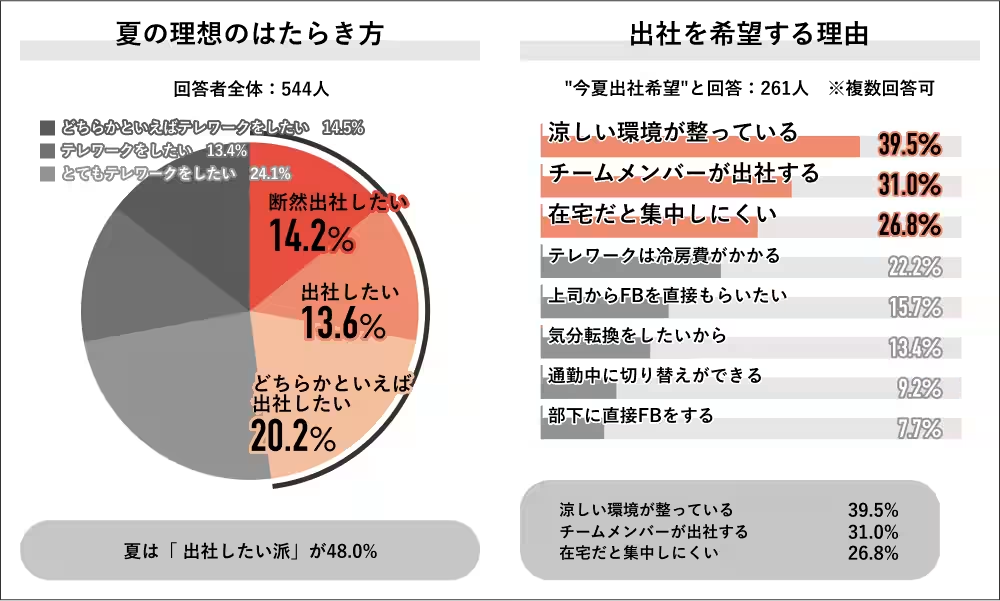
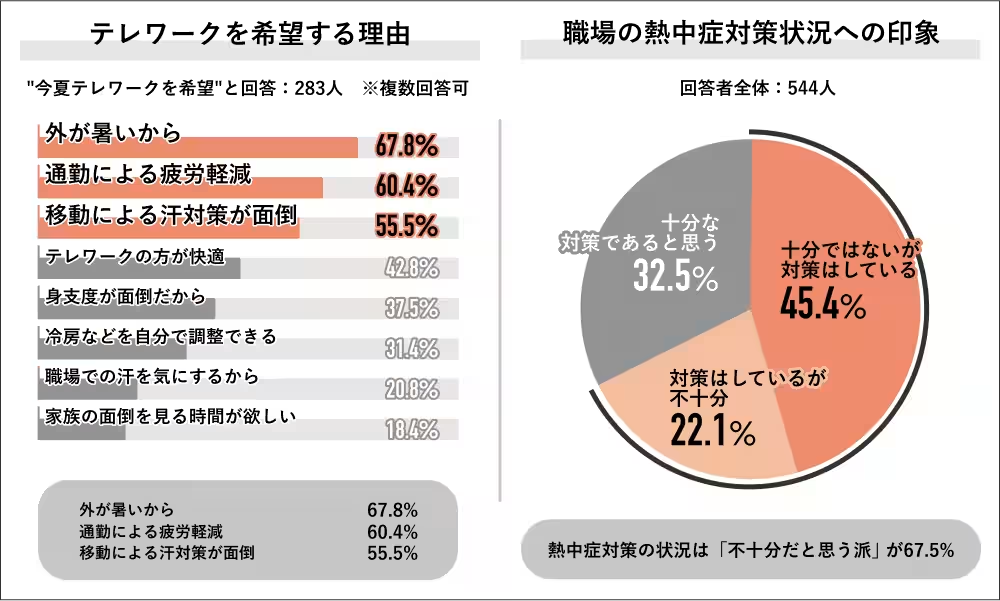
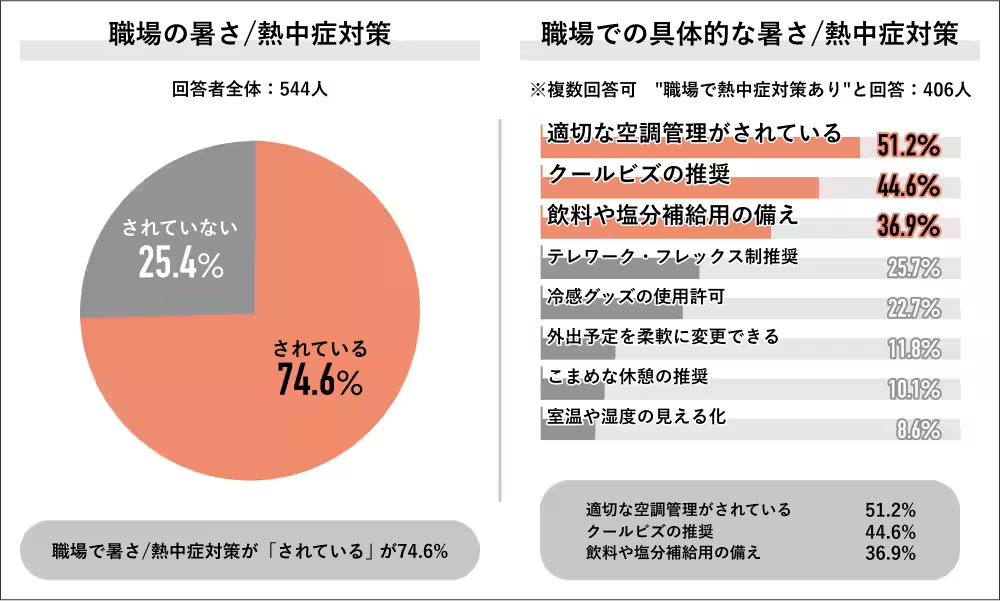
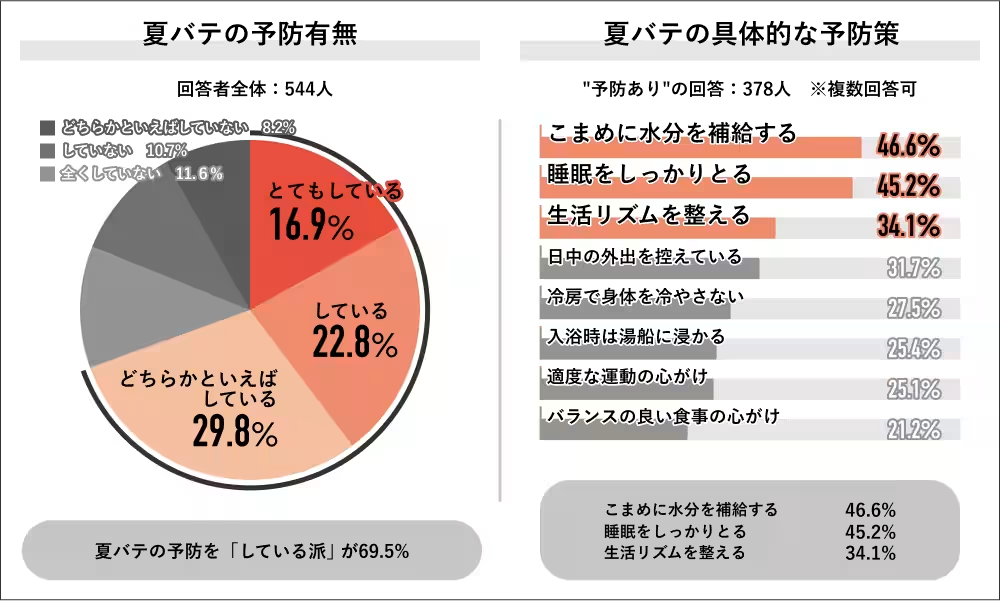
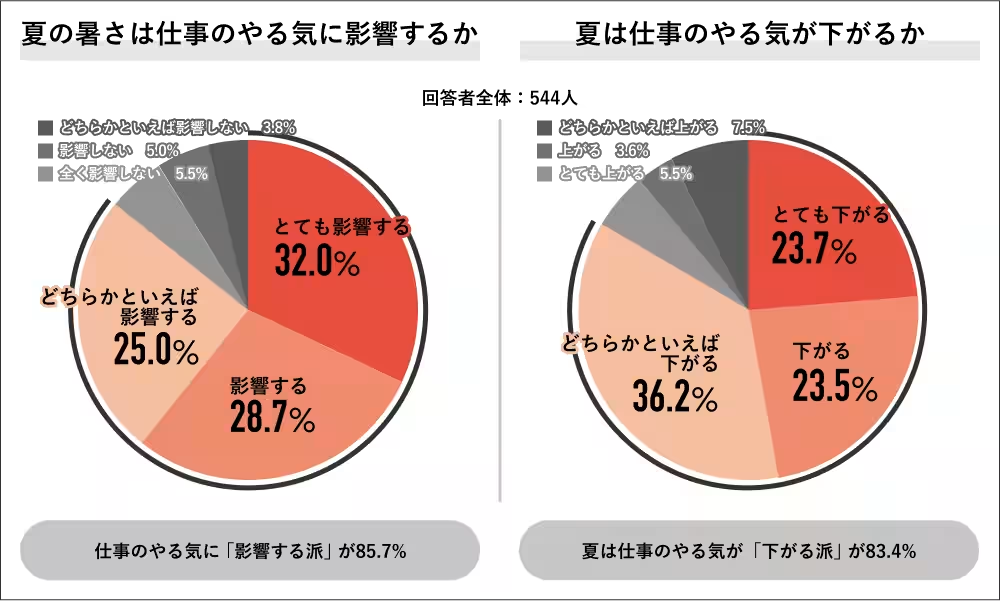
Topics People & Culture)










【About Using Articles】
You can freely use the title and article content by linking to the page where the article is posted.
※ Images cannot be used.
【About Links】
Links are free to use.